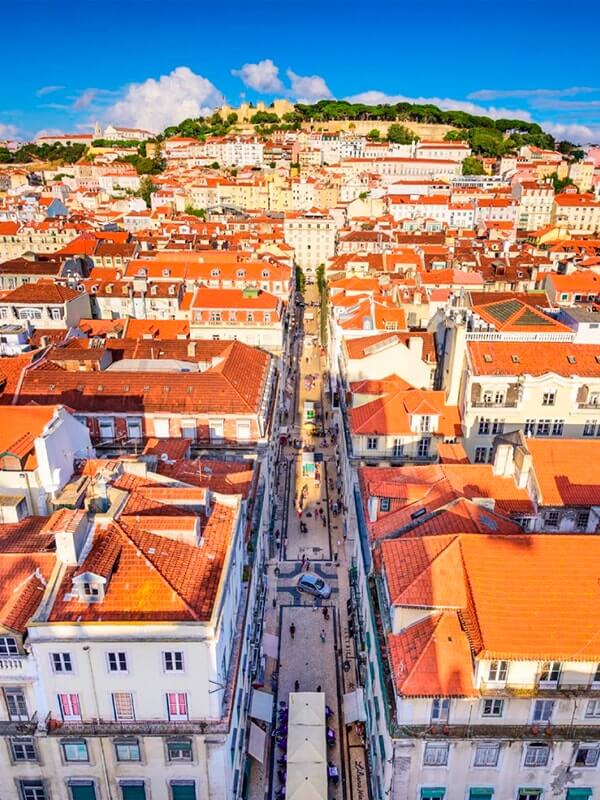
Real Estate, Innovation, Culture and Immigration

We can not fall asleep on the idea that "Portugal is in fashion". Many of these fashions are ephemeral, as recent history has shown.
In recent years, there has been a new wave of real estate investment, a sector that has attracted an availability that in other times weas affected by traditional financial investments and certain "commodities". This is a new scenario, very different from what was experienced in that other time of easy credit, which led to the bursting of the bubble. Attention has been drawn to new institutional investors, who are heavily endowed with equity, who are advised with technical precision, who invest in each market in a scientifically scrutinized way and who follow the trends of life and ways of people's movement.
In just over three years, Portugal entered the Champions League. Numbers are supersonic: in transactions, volumes, evaluations, returns and overnight stays, but also in bonuses, distinctions and appointments. To consolidate the permanence in this short league it requires a legal certainty, stability in the law, the maintenance of infrastructures, the continuous valorization of the buildings and the diversification of the offer, so that they return or that they come to reside.
The prime minister has just announced that we must be able to "attract talent, workforce, people, who, being foreigners, living in other parts of the world," allow us to increase the population balance. Although we are a highly inclusive country, we know what we are looking for: foreigners with economic capacity, who, in the new charm we have become, bring with them an investment or capacity to strengthen Portugal's position in the world. This implies that the country does not only have a good image. It requires that we know how to fixate foreigners, to reside.
Rehabilitation in historic centers and the new construction should incorporate modernity. Automation, robotization, hi-tech, digital, environmental sustainability and energy efficiency are ways of differentiating our buildings. They give them competitiveness for the more mature and solid markets we have come to compete with.
The recently launched "Efficient House 2020" aims to reach 12,000 homes to improve the energy and water efficiency of buildings. Sounds little, but this is the way. Current fiscal shortfall in energy efficiency is not enough. We need incentives for technological clusters that invent, create and develop innovative products and services to improve buildings and value our cities in the face of strong European competition.
Diversifying requires betting in areas that lead these new consumers, who are rapidly changing, to more supply and more points of attraction. We must fixate them here, as the prime minister now says. It is here that the cultural aspect gains special prominence.
The REVIVE Program is proving to be a good tool for the recovery and return of the precious cultural and historical heritage through the leverage of private investment. We have to put an end to a certain petty policy: the wealth of this national heritage must be at the service of tourism, real estate and this new image of Portugal in the world.
Public investment in culture should focus on relevant content and should lead to a more aggressive strategy, including the reduction or exemption of VAT on cultural products.
It is necessary to promote the emergence of a new cultural industry, which should have its own identity, with non-seasonal content and based on the medium / long term. This industry should take advantage of the liquidity and the level of demand of the new foreign consumers, should generate new national audiences and can not be held hostage by state support. The current tourism and real estate figures should be the springboard for this new industry to pull the country off the European cultural periphery.
There must be a mix between what international trends are and the richness of the national culture, which involves the creation of cultural icons of cities (what Fernando Pessoa, our most translated author in the world, is lacking, is the cultural image of Lisbon?), For the promotion of Vieira da Silva, Vhils or Joana Vasconcelos or for the exhibition of collections of great international impact (why not invest in having "Mona Lisa", the world record of visitors, in the super-awarded MAAT?).
Ambition is required. We can not fall asleep on the idea that "Portugal is in fashion". Many of these fashions are ephemeral, as recent history has shown and as Portugal has come to benefit
